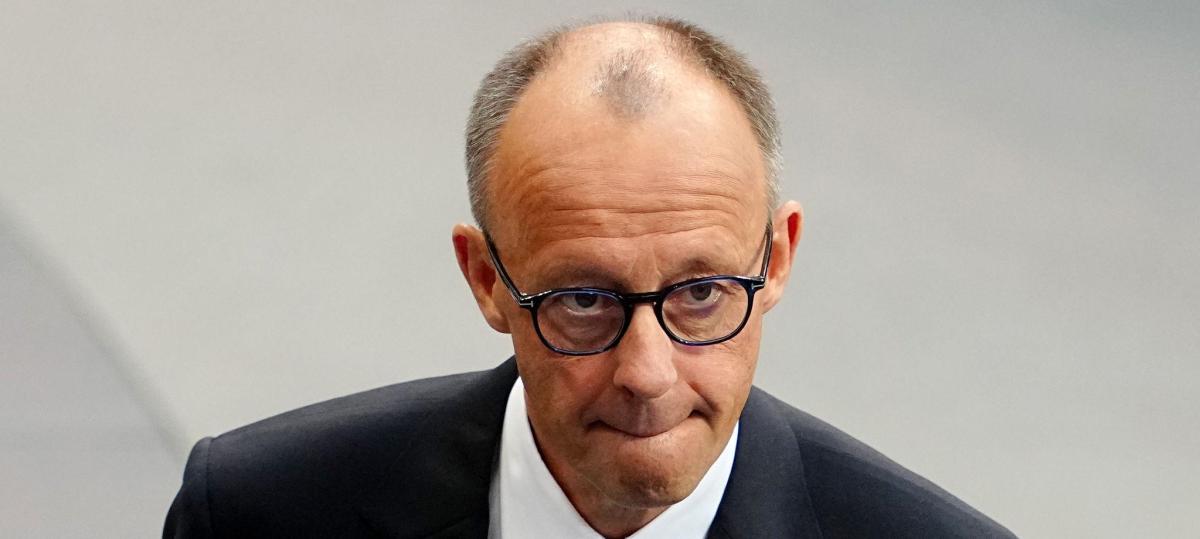Swedbank: The Riksbank lowers twice to

The crown’s reinforcement paves the way for lower inflation via import. At the same time, lower energy and commodity prices contribute to lowering the price pressure in the Swedish economy- which in turn opens for stimulus with interest rate cuts in the recession, according to Swedbank.
« In addition, changed trade flows and increased imports from China can dampen price trends, » the bank writes in a recent forecast.
Swedbank expects a so-called CPIF inflation of 2.4 percent this year and 1.8 percent in 2026. In the CPIF measure, the interest rate effects on, for example, mortgages are removed.
SEB sees the same trends, But expects the Riksbank to stay on a reduction this year – in June. Although the bank’s economists keep the door open for more reductions in 2026.
« However, the risks of inflation next year are greater on the downside and further reductions are likely if inflation falls and household consumption does not take off, » says Jens Magnusson.
Customs and its negative impact also means that Swedbank revises Swedish growth to 1.5 percent this year, compared with previous 2.0 percent and 2.5 percent for 2026 (previously 3.0 percent).
US import duties Is now assumed to land at 10-20 percent, lower than those originally announced in connection with what President Donald Trump called the « liberation day » on April 2. But significantly higher than the average tariff (2.3 percent) that the United States had.
SEB has also lowered the growth forecast.
“The uncertainty has increased for both exports and consumption and despite the fact that growth at the end of 2024 was stronger than expected, GDP forecast for 2025 has been adjusted down to 1.6 percent from 2.2 percent in February. Also, growth for 2026 is also lowered, to 2.9 percent from 3.1 percent. Holds, « SEB writes in its forecast.

Swedbank’s chief economist Mattias Persson compares the risks to global financial stability right now with the situation in the financial crisis – where, among other things, the view of US government securities as a safe refuge has been a real thorn.
One consequence of this is that housing prices are assumed to increase marginally this year, only a few percent, to perhaps get a little more speed up again in 2026, according to Persson.







